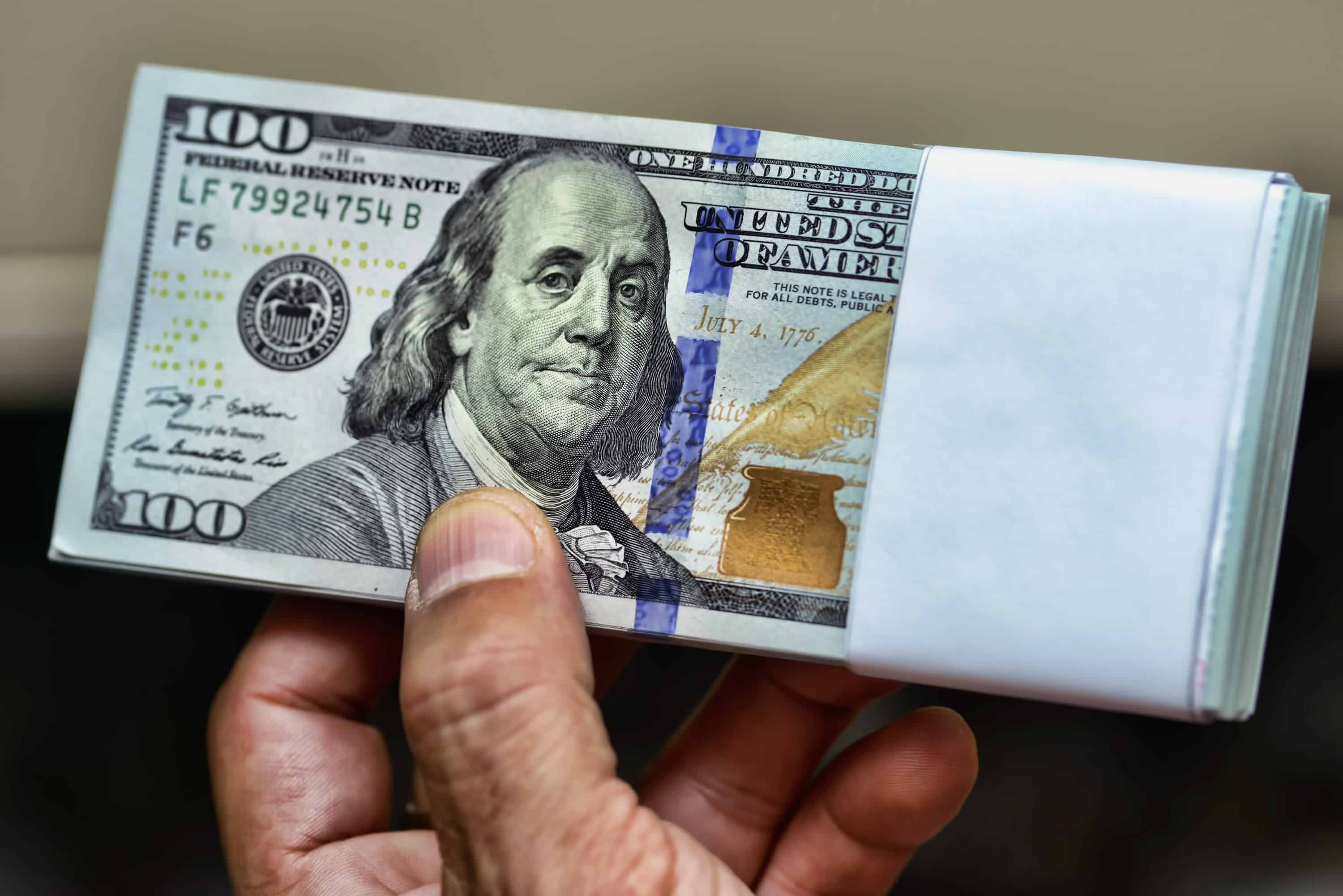The authorities in El Salvador have arrested around 110 people, mostly Colombians, accused of being part of a money laundering network that defrauded thousands of citizens in the Central American country.
The detainees, including former military personnel and police officers, entered El Salvador at different times “as tourists” and offered loans, but they were not registered with the Superintendency of the Financial System.
“The existence of a criminal organization composed of foreigners, mainly of Colombian nationality, has been established,” stated the Attorney General, Rodolfo Delgado, in a press conference on Monday, emphasizing that the investigation had been carried out “in recent days.”
The detainees include 105 Colombians, one Argentinean, one Guatemalan, and three Salvadorans.The loan money entered the country through “remittances or bank transactions” from abroad.
The structure offered loans with a 20% interest rate, and those who defaulted were threatened or had their identities usurped to manage bank accounts or debit cards through which the money was sent overseas, according to the authorities.
“When victims cannot pay, debt collectors resort to threats and then pretend to want to help them, telling them that their debt will be canceled if they open bank accounts and provide all the data and access,” according to a joint statement from the police and prosecutor’s office.
According to Delgado, the structure sent “over 20 million dollars” to Colombia from 2021 to date.
The prosecutor specified that they had received around 3,000 reports of “scams, computer scams committed by Colombians.”
The detainees are believed to be part of the “Gota a Gota” structure that originated in Colombian cartels in 1998 and is known to have operated in different countries, as stated by the Minister of Justice and Security, Gustavo Villatoro.
In El Salvador, according to Villatoro, there are around 400 Colombians whose migration permits have “expired” and who would be part of this network.
“Those more than 400 Colombians who are still irregular here and are engaging in activities for this money laundering structure of international drug cartels have 72 hours to leave this country,” said Villatoro.
Meanwhile, President Nayib Bukele assured that the Colombians “will have to face Salvadoran justice, no matter who claims otherwise.”
The president invited “law-abiding Colombians” to visit El Salvador for vacation, investment, work, or migration, promising them “legal security” and other guarantees.
However, he warned that “criminals, drug traffickers, fraudsters, and some of the so-called ‘peace brokers’ had better not come to our country looking for trouble because our prisons await them.”
The mention of “peace brokers” appears to be an allusion to the Colombian President, Gustavo Petro, with whom Bukele has had some controversies.






